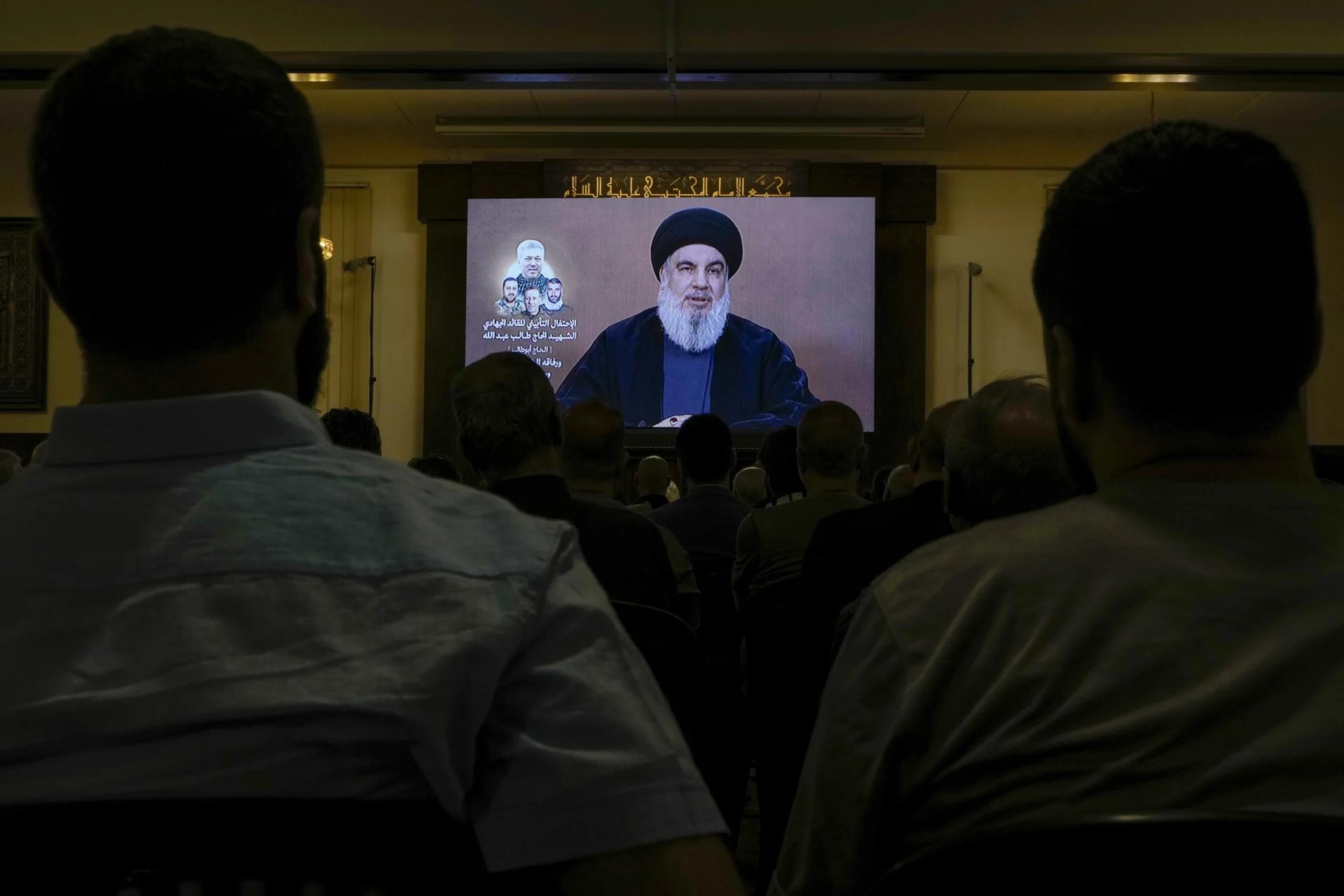As violence continues in the Israel-Hamas war, neighboring Lebanon is also suffering.
Israel has been battling the Shia Islamic Hezbollah Party since shortly after war began with Hamas in the Gaza Strip after Hamas attacked Israel on Oct. 7, 2023, killing 1,200 Israelis and taking over 200 more as hostages.
Hezbollah supported Hamas, leading to a series of Israeli attacks on Hezbollah controlled areas in Lebanon.
Earlier this week, Hezbollah released a nine-minute drone footage of the Israeli port city of Haifa filmed in daytime, showed civilian and military areas it could attack.
In response, Israel’s Foreign Minister Israel Katz responded with a post on X, stating they will not tolerate an attack.
“Nasrallah boasts today about filming the ports of Haifa, operated by international companies from China and India, and threatens to attack them,” he writes.
“We are very close to the moment of decision to change the rules against Hezbollah and Lebanon. In an all-out war, Hezbollah will be destroyed and Lebanon will be severely hit. The State of Israel will pay a price on the front and home fronts, but with a strong and united nation, and the full power of the IDF, we will restore security to the residents of the north,” Fatz continues.
Maronite Archbishop Charbel Abdallah of Tyre told Aid to the Church in Need (ACN), “we find ourselves in a state of war.”
He told the Vatican-backed charity most people who had fled his region – which is near the border – and went to Beirut or further north “have now returned home because they were short of money and the little houses of their relatives who took them in did not have the capacity to accommodate so many people.”
As a result of the war in Gaza, daily rocket fire is taking place in southern Lebanon. Areas near the Israeli border are particularly affected.
In the ten parishes near the Israeli border, which make up almost the whole of the Maronite Archdiocese of Tyre, 70 percent of Church members have now returned.
“The parishes of Alma el Chaeb and Quzah are, however, still nearly empty, because they lie entirely in the areas of the air strikes; a large proportion of the houses there have been completely destroyed,” Abdallah said.
ACN and the local Church are helping the local population, which is still suffering from a terrible financial crisis that took place in 2019.
“The eyes of the world are on the war in Gaza, but something that the media rarely reports is the fact that this has resulted in an armed conflict taking place in southern Lebanon,” said Marielle Boutros, Project Coordinator of ACN in Lebanon.
“As with the people in Gaza, this is not the first war which the people in southern Lebanon have had to experience. They can’t cope with the noise of the rockets anymore and are traumatized. They really need our prayers,” she said.
Abdallah said he visits the parishes affected by the war, although twice already during his visits, bombs have landed nearby.
“We try to keep the spiritual life of the parishes going by celebrating all the usual festivals, whether the festivals of the liturgical year, the festivals of patron saints or First Communion,” the archbishop said.
“After the celebrations we listen to the people to see what needs they have and to help them with our modest means,” he said.
Abdallah said these visits “encourage the people enormously; they sense that they have not been left in the lurch by the Church.”
Boutros said she is deeply impressed by the courage and faithfulness of the many project partners of ACN in southern Lebanon.
“None of them – whether bishops, priests, religious brothers or nuns – have left the region in the face of the constant danger. They feel responsible for staying with the people in their need and offering them support and comfort,” she said.
She noted even the priests of the two parishes Alma el Chaeb and Quzah – which are often near the airstrikes – are still in place.












